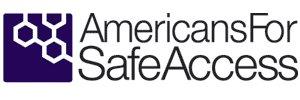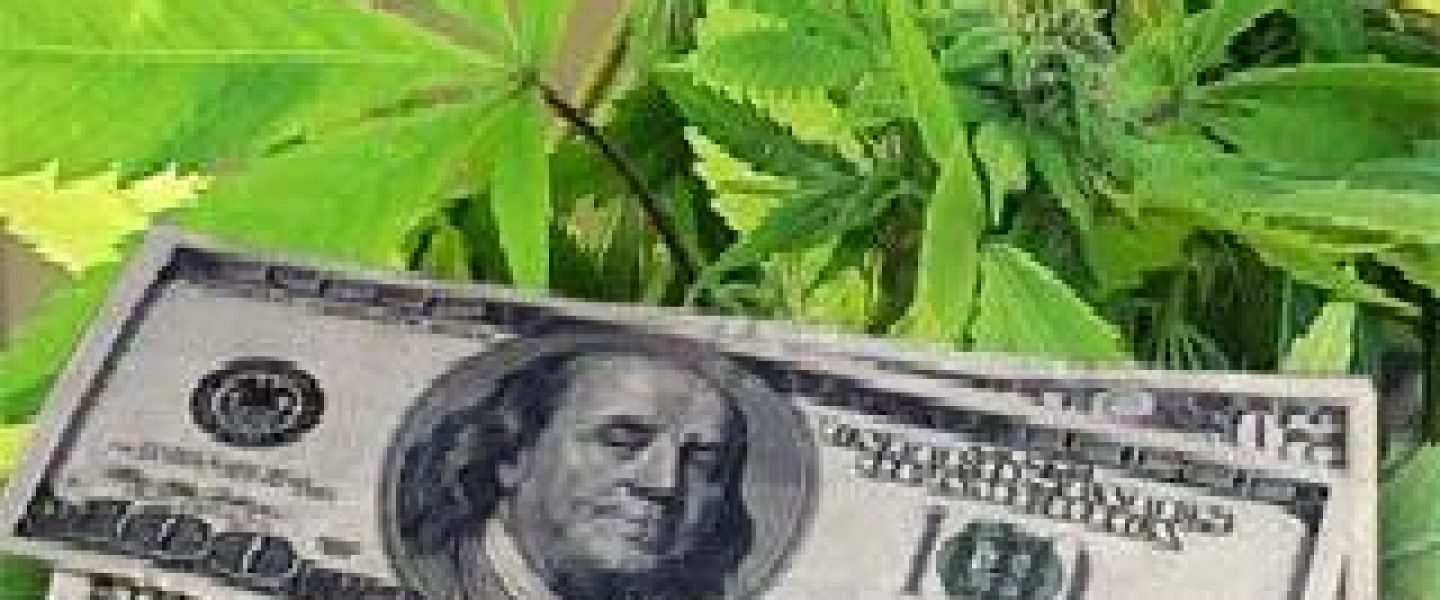 By Kevin Longrie
By Kevin Longrie
“The reason that’s important is because medical cannabis exists in a very complicated legal framework,” says Don Duncan, California director for Americans for Safe Access. “Most people see there’ll be some taxation scheme around medical cannabis in the state of California both at the local and state level; but how we can do that and still protect patients and protect providers and cultivators is still really unclear.”
The legislation, sponsored by Ron Calderon, the Democratic senator from Montebello, was quite different when it first started making its rounds in Sacramento. The bill originally favored the establishment of a tax-stamp measure on medical cannabis, similar to the system that exists for tobacco. This would have tracked things every step of the way, from cultivation to end user, with taxes applied throughout. This creates two potential problems, Duncan explains.
“There were some issues related to discretion in the cannabis industry that made it impossible to impose that kind of regulatory model,” he says. “People attempting to comply with that model would be placing themselves at risk for federal prosecution.”
Additionally, the tax burden would be passed along to the end user–perhaps, Duncan says, unnecessarily.
“What we’re concerned about is that cities and the state are looking towards medical cannabis as a revenue source in tough economic times. And that’s not necessarily how we look at [it].”
 Americans for Safe Access is championing SB 626 because the group believes that any and all taxation applied to medical cannabis should be justified and necessary, not simply a source of income for state legislators.
Americans for Safe Access is championing SB 626 because the group believes that any and all taxation applied to medical cannabis should be justified and necessary, not simply a source of income for state legislators.
What differentiates this proposed tax on medical cannabis from the regulatory structures implemented on items like tobacco is the obvious, but often ignored fact that it is medicinal. People use cannabis, as prescribed by their doctors, to deal with pain, stress, nausea and other ailments. “When you start tagging what we think of as ‘sin taxes’ onto medical cannabis, that’s not really appropriate,” Duncan says. “Not for medicine.”
This is why Americans for Safe Access, as well as NORML, initially opposed the legislation but have, since it’s dramatic reshaping, come to support it.

“The previous version was probably premature,” Duncan explains. While he understands that tax on medical cannabis would not be entirely inappropriate and even necessary, Duncan’s concern is that it be done in an even-handed and informed manner. “I would say the benefits of taxation as far as regulation goes are still unproven,” he adds.
Duncan stresses the fact that he’s not fighting for legalization, but instead for the fair use and regulation of something that is already legal. “The conversation that SB 626 will facilitate is going to be very important for finding a tax structure that works,” Duncan says. “At least until federal law changes.”
JUST THE TAX
While our state lawmakers debate about studying a medical marijuana tax, cities such as Oakland and San Jose are already ahead of the game. San Jose officials were paid nearly $300,000 in taxes from the city’s collectives, according to the San Jose Mercury News. The tax is 7 percent in this city and this was the first time San Jose had levied the tax. The city predicts the tax could bring in as much as $3.4 million a year.
Article from Culture Magazine and republished with special permission







